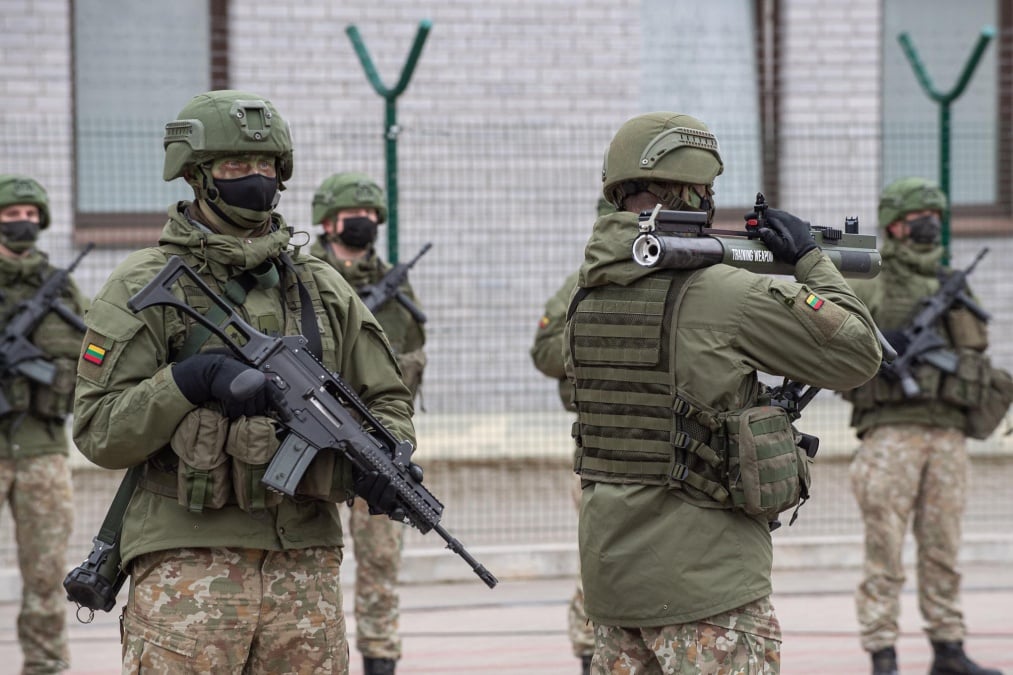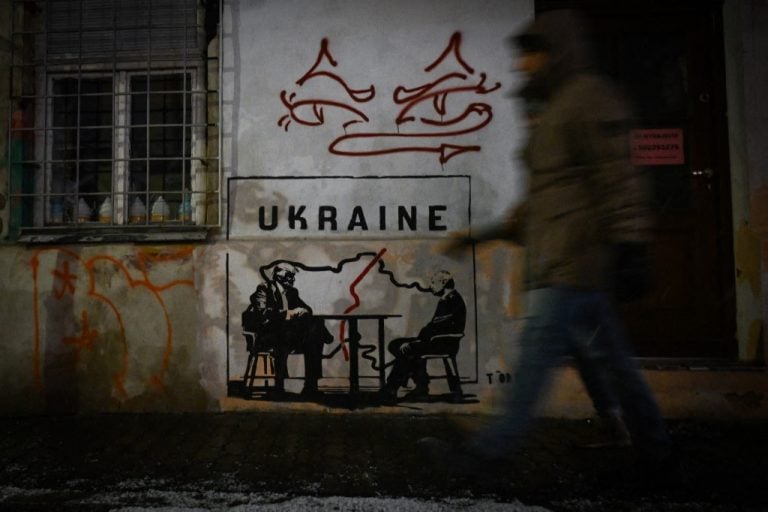Lithuania is set to launch the ‘Vytis’ Defense and Security Innovation Center in Kaunas, aiming to spearhead the development, testing, and certification of military technologies. This ambitious project will create a collaborative environment for businesses, researchers, and government entities to work together on defense and security initiatives.
The center will be equipped with state-of-the-art laboratories, workshops, and testing facilities that span air, sea, and land domains. Focus areas for innovation will include critical technologies such as drones, autonomous threat detection systems, reconnaissance satellites, military communications, and mobile energy storage solutions.
The Vytis consortium is a collaboration that includes several key players: Kaunas Science and Technology Park, the Innovation Agency, and Vytautas Magnus University, along with the Inland Waterways Directorate, the Lithuanian Riflemen’s Union, and the Lithuanian Energy Institute. This collective effort will be supported by the Lithuanian Ministry of Economy and Innovation, while coordination with the Ministry of National Defense and the armed forces will ensure alignment with national security priorities.
The facility is projected to open in 2028, backed by an initial investment of up to 20 million euros (approximately $23 million). Furthermore, beginning in 2026, new funding measures are expected to provide an additional 34 million euros ($39 million) aimed at enhancing company capabilities, along with 6 million euros ($7 million) designated for fostering innovation partnerships.
This initiative is part of a broader strategy to bolster Lithuania’s defense sector in light of increasing regional security challenges. Lithuanian Minister of Economy and Innovation, Lukas Savickas, emphasized the urgency of developing a robust national defense industry, particularly in response to Russia’s aggression in Ukraine. He noted that the Vytis hub will equip local companies and scientists with advanced infrastructure necessary for both innovation development and prompt implementation in real-world scenarios.
The Vytis Innovation Center is also a component of a larger 300-million-euro ($350 million) program designed to enhance Lithuania’s defense innovation capabilities. Looking ahead, the country is committed to allocating up to 6 percent of its GDP annually to defense from the next fiscal year through 2030, thereby exceeding NATO’s recently established target of 5 percent.







